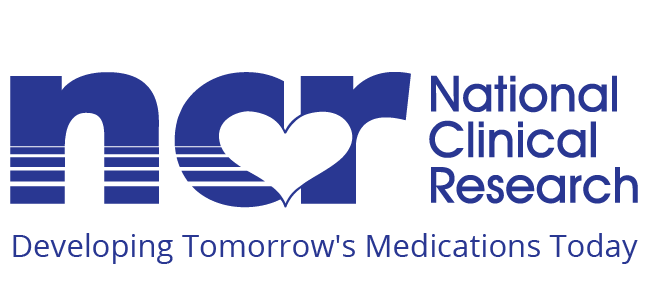Background
Tau is a protein that helps stabilize the internal skeleton of nerve cells (neurons) in the brain. This internal skeleton has a tube-like shape through which nutrients and other essential substances travel to reach different parts of the neuron. In Alzheimer’s disease, an abnormal form of tau builds up and causes the internal skeleton to fall apart.
These abnormal forms of tau protein cling to other tau proteins inside the neuron and form “tau tangles.” Tau tangles and beta-amyloid plaques — large accumulations of microscopic brain protein fragments that slow a person’s ability to think and remember — are hallmarks of Alzheimer’s disease. Tau accumulation has been shown to promote brain cell damage and death in Alzheimer’s and other dementias, including frontotemporal dementia, but the exact processes that lead to this toxicity are unclear.
Researchers are investigating ways to prevent tau protein from forming into tangles, which ultimately destroys the neuron. One potential therapy in clinical trials is creating humanized antibodies that targets abnormal tau proteins, preventing them from clumping together to form tangles and allowing the body’s immune system to remove them. This may help stop or slow the spread to healthy neurons, thus possibly slowing a patient’s memory decline from Alzheimer’s disease.
Criteria to participate
Some of the criteria patients must satisfy to participate are:
- Age between 50 and 80 years old
- Have a study partner (i.e. someone who is with you for 8 hours or more each week and would be willing to come to the study center about twice a year with you)
- Demonstrate a mild level of memory loss with testing
- Have a positive PET (brain scan) for Tau
- Able to have an MRI scan (that is no metal in your head or upper torso)
- Has no medical conditions which may also cause memory loss (e.g. Parkinson’s, uncontrolled sleep apnea, and history or stroke)
About the Study
Once the study criteria are met, the patient will receive either the study medication or a placebo for the duration of the study; neither the patient nor the doctor will know which is assigned. The study medication is infused into a vein in your arm once a month. During the study, MRI scans of the brain are repeated and throughout the study and additional tau PET scans are conducted. The study will last approximately 21months. After completion of the main study, patients may be given the opportunity to enroll in an extension study and offered real medication. There is no cost to the patient for medical care provided in the study nor for any of the scans, memory testing, or medication.
Current Studies
We are currently conducting the following studies with medications which seek to stabilize tau protein
|
Study
|
Sponsor
|
Study medication
|
NCT number
|
Study Status
|
| CN0080003 |
BMS |
BMS-986446 |
NCT06268886 |
Enrolling |
You may use the NCT number to learn more about the study we are conducting by going to clinicaltrials.gov and entering the number in the search bar.
 Is your memory getting worse?
Is your memory getting worse?